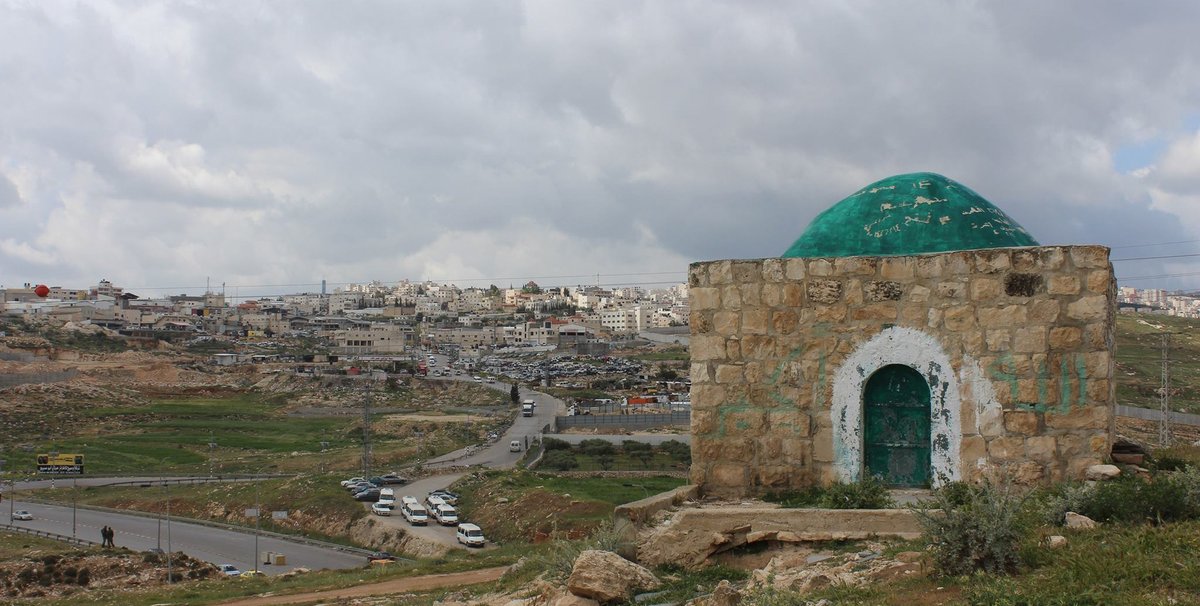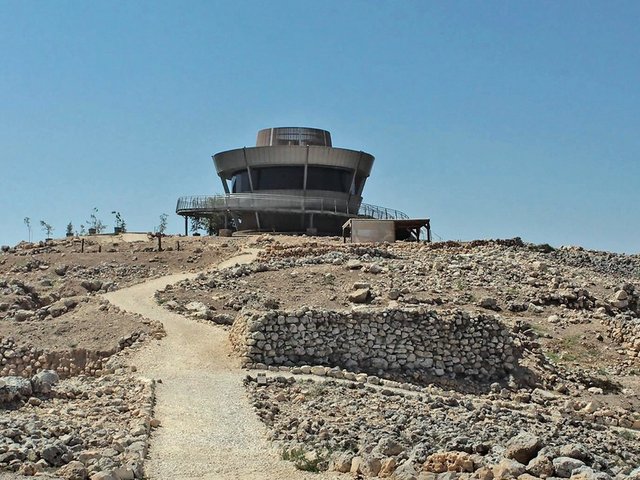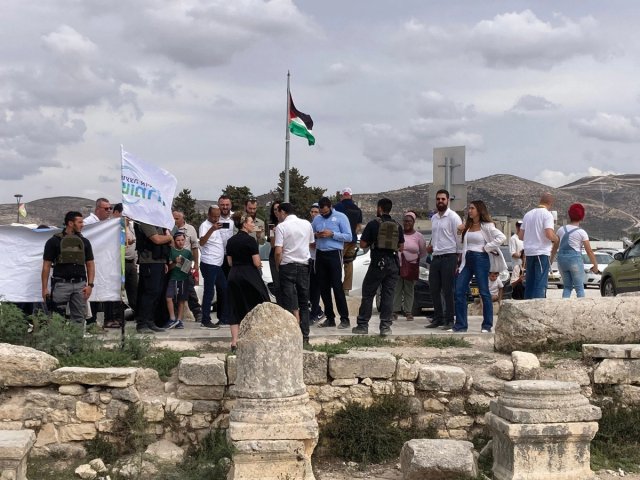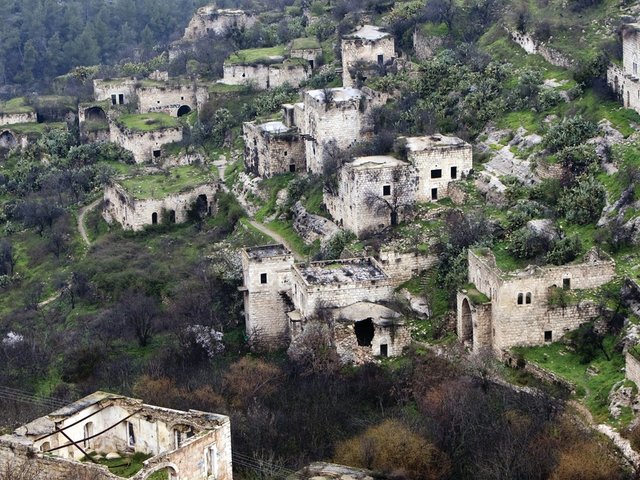Israeli excavations in the West Bank and the loan of artefacts discovered there, without Palestinian co-operation or approval, have long rankled with Palestinian heritage experts. Now, a ruling by Israel’s Jerusalem District Court at the end of November further disenfranchises Palestinians, they say. The ruling authorises Israeli archaeologists to dig in the West Bank anonymously and to lend artefacts found on site to Israeli institutions without disclosing these loans.
In archaeology publications, Israel has described its West Bank digs as “transparent”. But the Jerusalem District Court rejected most of a petition by human rights and archaeology organisations which argued that Israel is obliged to disclose the full range of its activities in the contested area.
After hearing evidence from lawyers representing Israel’s foreign ministry, the court decided that publicising the names of institutions receiving artefacts on loan and locations of storage facilities could “hurt foreign relations” in future negotiations with Palestinians. Representatives of the human rights and archaeology organisations that brought the petition were not permitted to attend the hearing.
The ruling also found that revealing the identities of archaeologists working in the West Bank could hurt their opportunities to publish, receive research grants and work with research institutions abroad because of international boycotts.
Trying to avoid boycotts does not justify flouting international heritage practices or secrecy that could lead to covert excavations, said the Israeli archaeologist Yonathan Mizrachi of Emek Shaveh, one of the non-governmental organisations that brought the case to court. Accepted practices include publishing all activities and making sure that excavations benefit the local population—in this case, Palestinians, Mizrachi added.
Secret archaeology A 1995 Annex to the Oslo Accord stipulated that the powers and responsibilities for West Bank archaeology were eventually to be transferred to Palestinian jurisdiction. Sensitive issues of common interest were to be negotiated in permanent status negotiations, mediated by a joint Israeli-Palestinian archaeology committee. But more than 20 years later, there is still no joint committee and no permanent status negotiations.
Israel’s West Bank civil administration argues that Israel inherited the archaeology laws of the West Bank, which Jordan had in place when Israel occupied the area after the 1967 war. They say that this gives them the right to dig there and to preserve and lend artefacts found there until future negotiations determine otherwise.
Some international archaeologists, including Lynn Dodd of the University of Southern California, believe that excavations in the West Bank and the loan of artefacts without Palestinian approval do not comply with the 1999 Second Protocol to the Hague Convention. “Although Israel is not a signatory, this does not mean that the provisions of Hague do not guide the judgement of Israel’s actions,” Dodd said.
From the Palestinian point of view, all cultural heritage, including “Muslim, Christian and Jewish heritage in the Occupied Palestinian areas, is viewed as an integral part of Palestinian cultural heritage and part of the responsibility of the Palestinians”, the Palestinian archaeologist Hamdan Taha tells The Art Newspaper.
Taha, who directed the Palestinian antiquities and cultural heritage department from 1994 to 2012, says that protecting secret archaeological activity in Palestinian territory is a “violation of international humanitarian law, and will have adverse consequences on Palestinian cultural rights and the peace process between the two sides”. The ruling is “another example of how archaeology is used by Israel as an ideological tool [and]…contradicts internationally accepted scientific norms. Transparency is exactly what differentiates scientific archaeological excavations from looting.”
The Israeli petitioners are considering an appeal to Israel’s Supreme Court.





